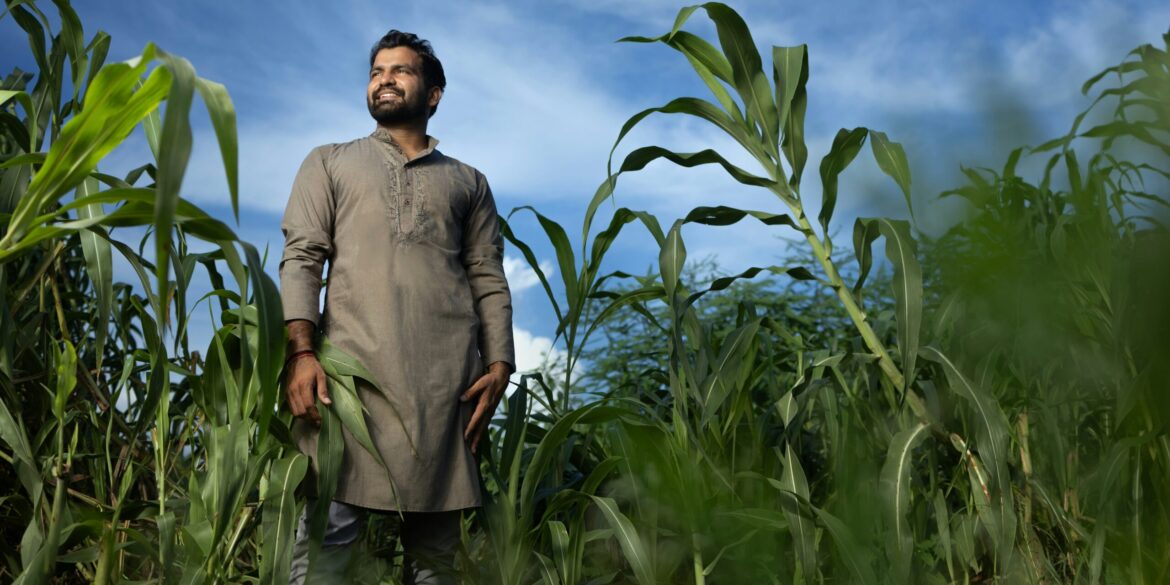After more than a decade away from television, the beloved animated sitcom King of the Hill returned on August 4, 2025, with the long-awaited premiere of its 14th season on Hulu. The revival has been met with enthusiasm by both longtime fans and a new generation of viewers, marking a successful and heartfelt continuation of a series that once defined an era of character-driven animation.
Originally airing from 1997 to 2009, King of the Hill became a staple of American animation through its understated humor, regional authenticity, and grounded portrayal of family life in the fictional town of Arlen, Texas. The new season picks up with a time jump, moving the storyline forward by more than a decade. This decision allows the writers to explore how the world has changed since the late 2000s, while staying true to the show’s core themes.
In the Season 14 premiere, viewers catch up with Hank and Peggy Hill, who have returned home to Arlen after spending years working abroad in Saudi Arabia. Their son Bobby, now 21 years old, is living independently in Dallas, where he runs an ambitious Japanese-German fusion barbecue restaurant. This updated premise introduces fresh storylines while preserving the essence of the original show—focusing on family dynamics, generational clashes, and the quirks of everyday suburban life.
The creative team behind the revival includes original creators Mike Judge and Greg Daniels, who have partnered with Saladin K. Patterson as the showrunner. Together, they’ve emphasized that this season is not a radical reboot, but a continuation that honors the original tone and characters. The writing remains rooted in dry wit and observational humor, with subtle explorations of modern topics such as cultural shifts, gender identity, and social media etiquette—all filtered through the lens of characters who have remained true to their Texan roots.
Critics have largely praised the new season for maintaining the delicate balance between nostalgia and progress. The show’s familiar pacing, subdued art style, and naturalistic dialogue have returned largely unchanged, allowing for an easy transition back into the rhythms of Arlen. However, the inclusion of contemporary issues ensures that the series doesn’t feel outdated or frozen in time. Rather than overt political commentary, the series continues to use its trademark satire to explore how people adapt—or resist—changes in culture and values.
One of the most poignant aspects of Season 14 is its handling of cast changes due to the passing of key voice actors. Johnny Hardwick, who famously voiced Dale Gribble, died before production was completed. Hardwick’s voice appears in the first six episodes thanks to prior recordings, and a special episode titled “Any Given Hill-Day” serves as a tribute to both the character and the actor. For the remaining episodes, Toby Huss steps in to voice Dale, maintaining a respectful continuity. Similarly, the show honors Jonathan Joss, who voiced John Redcorn, in the season finale. These moments offer emotional depth and a sense of legacy that longtime fans have appreciated.
Reactions on social media and fan forums have been overwhelmingly positive. Many have celebrated the return of their favorite characters and expressed gratitude that the show continues to treat its subjects with compassion and nuance. In Texas and beyond, viewers have commented on the show’s continued ability to capture regional humor and cultural specificity without resorting to caricature.
The new season also explores the evolving relationship between Hank and Bobby, with Bobby’s career in culinary arts serving as a metaphor for the broader generational shift. Hank, once a rigid traditionalist, is portrayed as making a conscious effort to understand and support his son’s ambitions—even when they clash with his own ideals. This character development reflects a more inclusive and open-minded Hank, a subtle but meaningful evolution that underscores the show’s growth alongside its audience.
The return of King of the Hill comes at a time when the entertainment industry is increasingly looking to nostalgia-driven content to capture fragmented audiences. While some reboots have struggled to resonate, King of the Hill distinguishes itself by remaining emotionally grounded and narratively coherent. It doesn’t rely on shock value or dramatic reinvention; instead, it trusts the strength of its characters and its quiet humor to carry the story forward.
Hulu has already confirmed a 15th season, signaling strong viewership and critical approval for the revived series. The show’s return also stands out amid a crowded August release slate, reinforcing its cultural significance and enduring popularity. As it continues to navigate the complexities of modern life through the eyes of small-town Texans, King of the Hill proves that even in an age of rapid change, some stories remain timeless.

